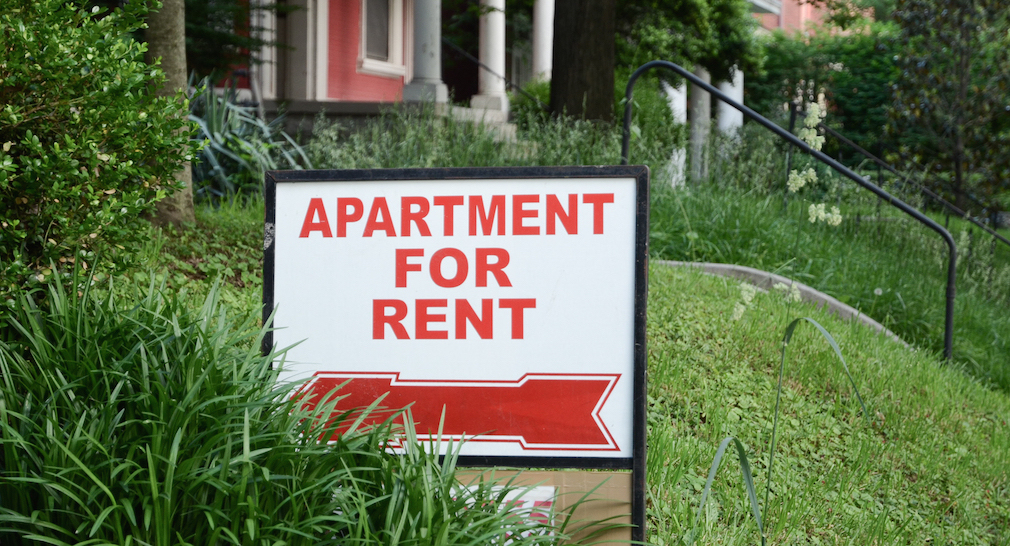Rents are increasing at the slowest rate in eight years, according to a report from RealPage. Though the run of annual growth has reached a record 32 quarters, the continued delivery of new units has taken its toll on rent growth, slowing it to 2.3%.
The good news is that great demand is keeping national occupancy well above 90%. The bad news for owners and investors is that there is little hope to push rents in the latter half of the year.
“If you miss the window to drive rents during the second quarter, it’s tough to counter that shortfall later in the year,” RealPage Chief Economist Greg Willett said in the report.
“Even though demand generally holds up through late summer, by August or September there’s a tendency to position rents more conservatively in order to fill as many units as possible before the seasonal slowdown in leasing begins,” he added.
Typically, April, May and June are the prime rent growing months, so when they are as slow as they have been in 2018, the industry can expect more of the same for the rest of the year.
RealPage chalks this up to the constant delivery of luxury product and the struggle to fill it with affluent renters. One-month-free rent concessions are now common in many of the neighborhoods where lots of this luxury product is delivering. Most people cannot afford to live in these properties, which increases demand for the more affordable product. Usually this would drive those rents up, but at the same time that rent growth is slowing for Class-A properties, it must also slow for the affordable properties to maintain the proper gap between price points.
Sounds kind of bleak, right? Not really. According to the report, the multifamily market is still remarkably healthy. Occupancy is at 95% nationwide, down just 0.3% from last year at this time despite all the deliveries coming to market.
“We’re at best only halfway through the period of peak deliveries,” Willett said.
“Ongoing construction of market-rate product totals just a hair under 400,000 market-rate units in the RealPage count, with annual deliveries set to stay right around 300,000 units through the middle of 2019,” he added.
This will likely continue to soften rent growth, but demand should keep the units full.






